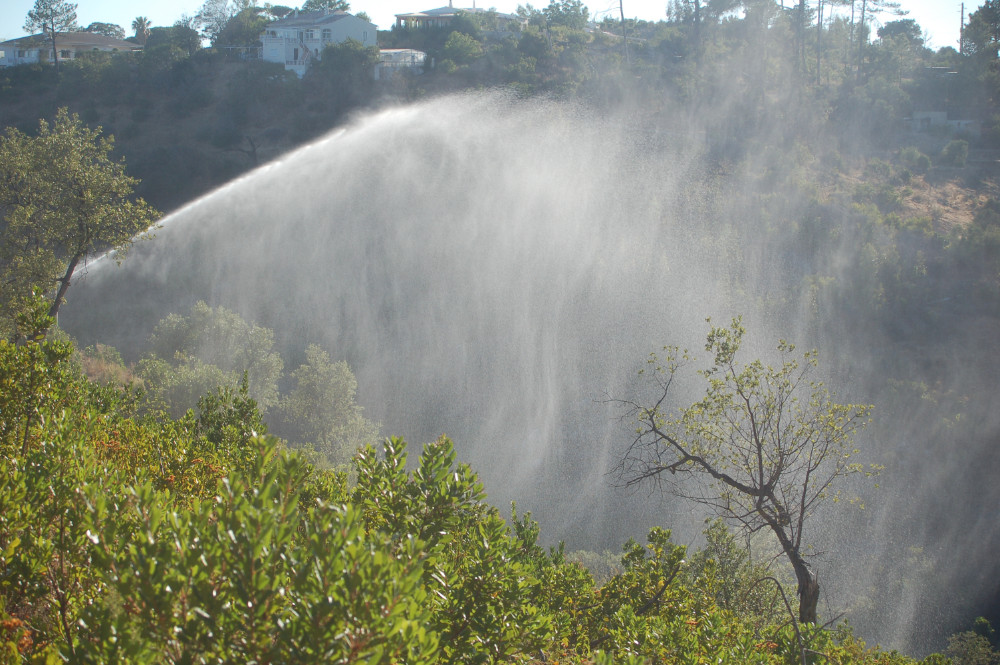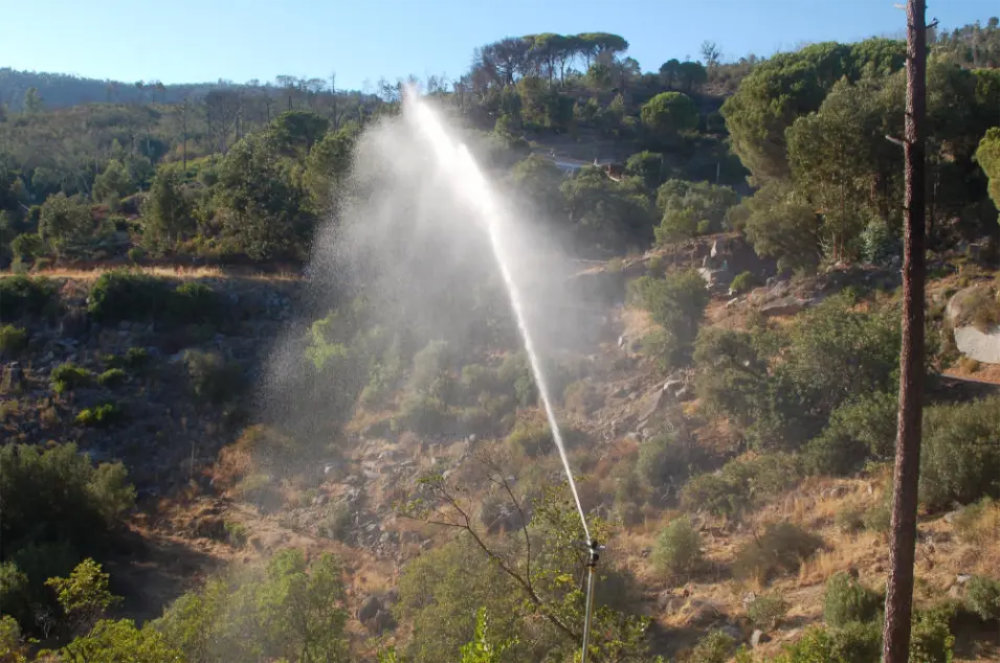Saturday 1st february 2025.

With everything that has been happening in these last few weeks, a little comfort is certainly good. And what could be more comforting than to see what wonderful things can be created when people join forces, cooperate and communicate?
Evolution is not just about rivalry, as we like to believe, but, above all, about cooperation. We can learn so much from nature’s symbioses.
A rhinoceros is a colossal creature, measuring up to three and a half metres long and weighing 1.5 tons. Lions and hyenas prefer to look for lighter prey. Nevertheless, this animal likes to surround itself with other much smaller creatures. It needs them to survive.
Black rhinos live in savannahs to the south of the Sahara Desert and are threatened with extinction, with only a few thousand of them still extant. Their gradual disappearance is mainly due to their horns – which amount to no more than half a metre of compressed keratin. But because people believe that this keratin is a miracle cure that increases potency or even cures cancer, the rhinoceros’s horn is frequently considered to be more valuable than gold.
So, poachers hunt the animals, chop off their horns and sell them at horrendous prices, usually to China or Vietnam. The buyers from these countries grind down the horn and drink it mixed with water, like aspirin, or sprinkle it into their wine. Once again: the horn is made of keratin. You might just as well douse your hair in tea or snort grated toenails.
Feathered friends who save lives
Rhinos often don’t notice poachers when they sneak up on them because they have poor eyesight. But because there is a shortage of skilled rhino opticians, the animals resort to another trick to protect themselves: They enter into a life-saving partnership with a special bird, the oxpecker.
The songbirds settle on the rhinos’ backs and, when a poacher approaches, they emit an alarm call. With great success, as a team of researchers have recently discovered: without the oxpecker, rhinos only notice one in four poachers, but with the singing alarm system, they notice every single one. As a reward for their services, the rhino guards are allowed to make themselves comfortable on the back of the colossus. There they snatch the insects, larvae or ticks, which infest the rhino – and sometimes also flakes of skin and earwax.
We humans love tales of evil, competition and the rights of the strongest, and they don’t stop at nature either: we often see it as a merciless game of eat-and-be-eaten. Name me a nature documentary in which a lion does not sooner or later ram its claws into the flesh of a zebra.
“Cooperation is a completely underestimated mechanism in evolution.”
However, Nature is not just a question of selfishness and rivalry, despite what many popular interpretations of Darwin would have us believe. Few statements have been distorted as much as Darwin’s “survival of the fittest”: supposedly, only the strongest would survive in the struggle for existence – a narrative that, to make matters worse, was hijacked by neo-fascists and perverted into “social Darwinism”. Yet Darwin’s “survival of the fittest” was not about the strongest, but about those who best adapt to their environment.
In truth, Nature is full of symbioses. Let’s take forest fires as an example. They are humanity’s declaration of poverty to the world. The powerful American nation, with the largest military machinery on earth, is unable to extinguish a regional forest fire. The press is unable to look behind the fiasco. If politicians, fire departments, the military, citizens and the press were to cooperate and communicate with each other instead of living their separate lives of egoism and rivalry, we could even solve the climate crisis together.
Forest fires are mostly caused by negligence. Nobody thinks anything of flicking away a cigarette butt. Nobody thinks anything of having a barbecue in the forest. Nobody thinks of protecting the forest. No one thinks of building fire-resistant houses out of stone and steel, especially the roof trusses. Nobody thinks about firebreaks, nobody thinks about firewalls, nobody thinks about sprinkler systems. Yet every department store must already have a sprinkler system and an emergency power generator.
Imagine three neighbours cooperating with each other. They would collect water together in winter via their roofs and gutters and store it in a large common cistern. It has just rained a lot. That’s why my memory is still pretty fresh. We use water from the winter to put out the potential fires of a dry summer. The quicker we get a fire out the better, the more successfully the story can be told, the less damage is done to nature, the fewer trees and forests will burn. These saved trees, every single tree, transforms hundreds of tons of CO2 into oxygen and is a source of life for us humans and other living beings. Every tree provides shade and gives us fruit: Nuts, almonds, oranges, and many other important vitamins.
With a sprinkler system, a forest fire could be extinguished in a few hours before it spreads. Wherever people cooperate and live well together, we experience prosperity. In this sense, our sprinkler system is to me like the songbird’s alarm system – the rhinoceros’s maggot hacker – which was built to prevent forest fires from starting together. Working all together, we can spray everything with water before the fire starts to spread…
 Eco123 Revista da Economia e Ecologia
Eco123 Revista da Economia e Ecologia




